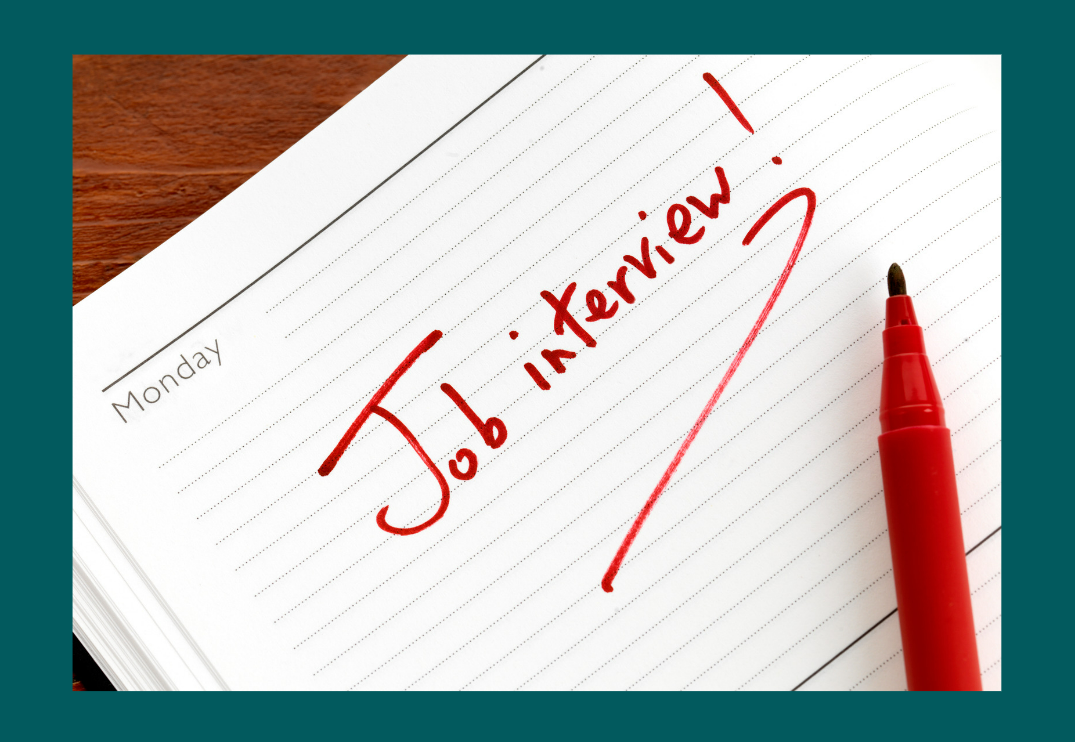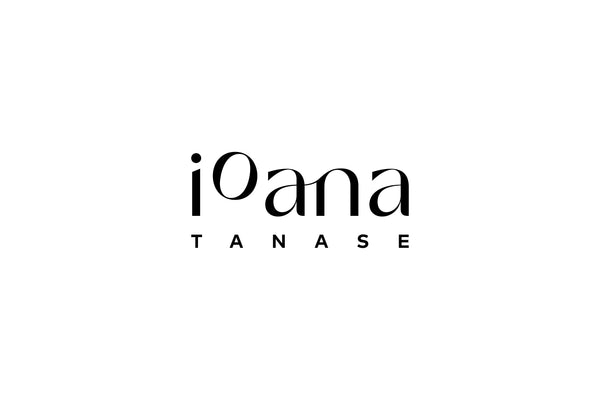
How to master the competency based interview with a tech company. Part 1 - before the interview
Share
When getting ready for any interview you need to do research!
The job description can be a brilliant resource, by going through it in its entirety you can identify important and nice to have themes and competencies.
From there, if you haven’t already, you need to research the company, mission, values and its culture. Some of this could be identified through the company’s website and social media posting – it’s not a bulletproof solution, but it is a good starting point.
What a company talks a lot about is likely what they care about, looking up their CEO and their media interviews, conferences, etc can give a high level overview of strategic direction, leadership style (which in turn affects culture) and more.
By combining the information from the job description with research you can have a pretty good idea what the company is about and what they are targeting skills wise in their potential hire. Use the skills you have identified in the job description and prepare examples from your past experience demonstrating them. You can use those examples in the interview. I often get asked, “Is this not cheating?”. If you have studied before an exam instead of just rocking up to it without ever opening the course book, is that cheating?
I would advise asking for the name of your interviewer(s), if not already provided by the recruiter. Why? You can look them up on professional social media (LinkedIn or Twitter) and identify the type of content they are posting, what is their role, getting ideas on projects they get involved in, and equally what they care about. When you research a person and have that information, the chances of connecting with them during the interview because you know what they care about are higher.
Different organizations use different types of interviews; they also vary based on role — it might be a practical test or a business case if you are applying to a consulting company. If your recruiter doesn’t share the information, ask. Clarify the type of interview you will have. It’s vital information as that sets the way you will practice the said interview.
A useful framework to use, especially when prepping for competency-based discussions, is the STAR model. It’s not universally applicable but it will provide a good starting point, helping you to structure answers. STAR is an acronym: Situation. Task. Action. Result.
Situation. You set the tone and frame for your example. Think about:
- What is the general context?
- What are you trying to achieve or overcome?
- Is there a main challenge?
- Who else is involved?
- Is there a timeline associated with it?
- Are there other limitations?
Task. From the overall situation, this is the part you were responsible for. Detail your contribution, thinking of:
- How did your task relate to the overall project?
- Were there interdependencies with other tasks you need to call out?
Action. The things you did to get the task done and solve the situation.
- What are the steps you took?
- Did you face any challenges along the way and how did you address those?
- Was there anything you needed to course-correct in real time while executing?
Result. This is the proverbial end to the story. Make it very concrete.
- What was the outcome?
- Are there quantifiable elements you can share? Add concrete numbers and values.
-
Are there learnings you took from the overall process?

The reason this framework works like a charm is that it makes it easy for the interviewer to follow your narrative though the example. A particular scenario might be clear to you, but it’s brand new information to the interviewer; there is a lot they need to unpack and take in.
How to respond to the motivation question
While it’s not a competency-based question, you will get at least once during your recruitment process the infamous “Why have you applied for the job?” (or any variation of this).
You ideally start broadly and then narrow it down. Share why you have applied to the company. Relate to their company mission, vision, projected future plans, values. Explain how that ties with your own values or focus to grow.
From there, narrow it down to why you chose that particular role: elements you are excited about, skills you reflect, but equally, opportunity to grow and develop, how this ties into your medium- and long-term plans. On the latter, you don’t have to have everything figured out; it’s the long-term thread or North Star of what you are trying to achieve. I cannot stress this enough: make it very, very, very specific. Don’t beat around the bush in generic terms. If your answer can be taken out of context and applied to another company or role, it’s not a good answer.
Practice. Practice. Practice. Then practice some more for good measure.
If by yourself, do it in front of a camera, record it and then review. Yes, I know it’s awkward, but it’s incredibly valuable to spot yourself making mistakes and improve those in real time before the real-life interview. Alternatively, practice with friends or family. They play the interviewer (give them the list of competencies beforehand). You are, obviously, the interviewee. At the end of the exercise, ask them for their feedback. What was clear? What was unclear? Did they feel disconnected from you at any point?
The more you practice, the less likely you are to freeze in the actual interview. Being interviewed is a muscle you can develop, certainly a learnable skill. A lot of folks I know interview for roles they are not necessarily excited about because it gives them the practice. Yes, part of me feels for the company they are likely never going to an accept an offer from, but hey, that too is the nature of the game.
